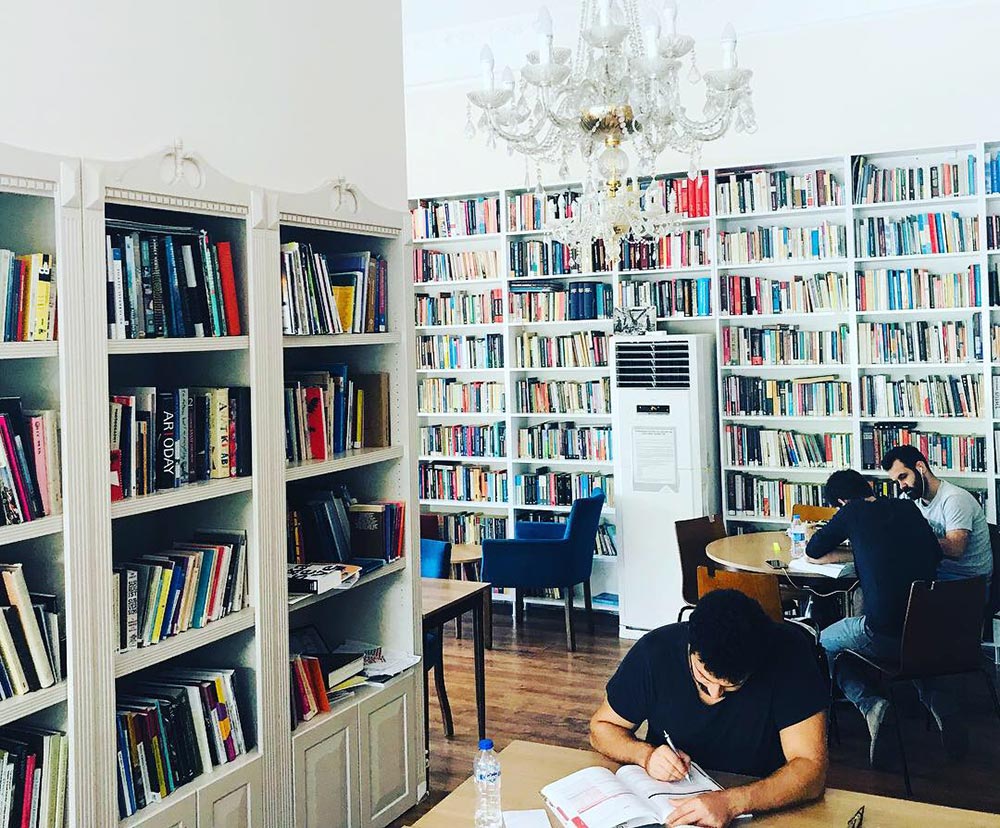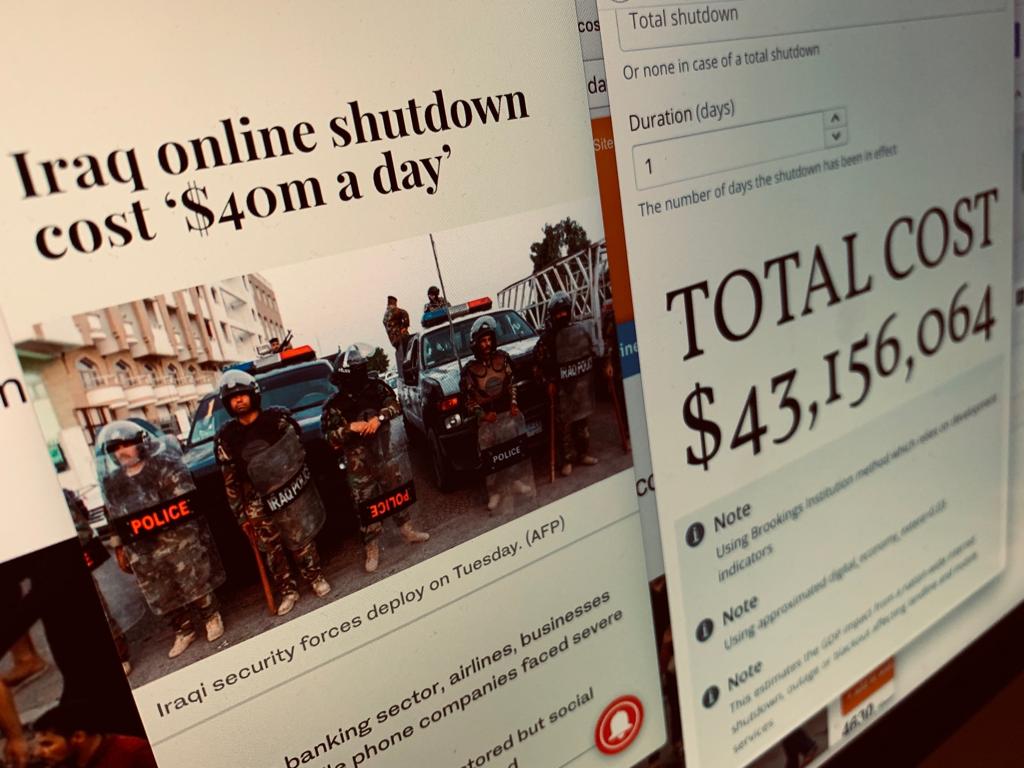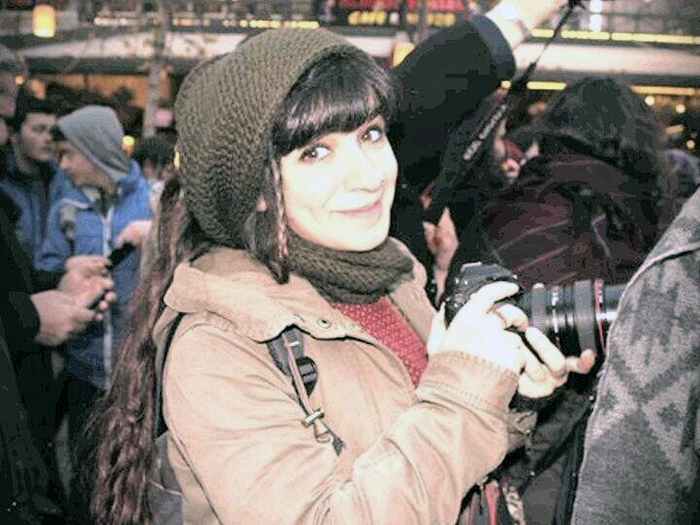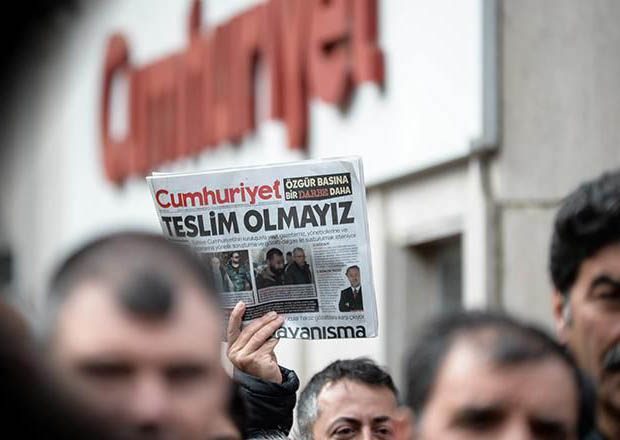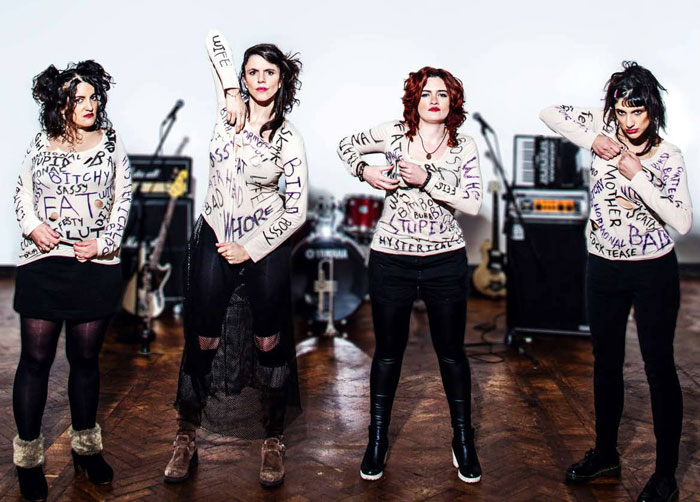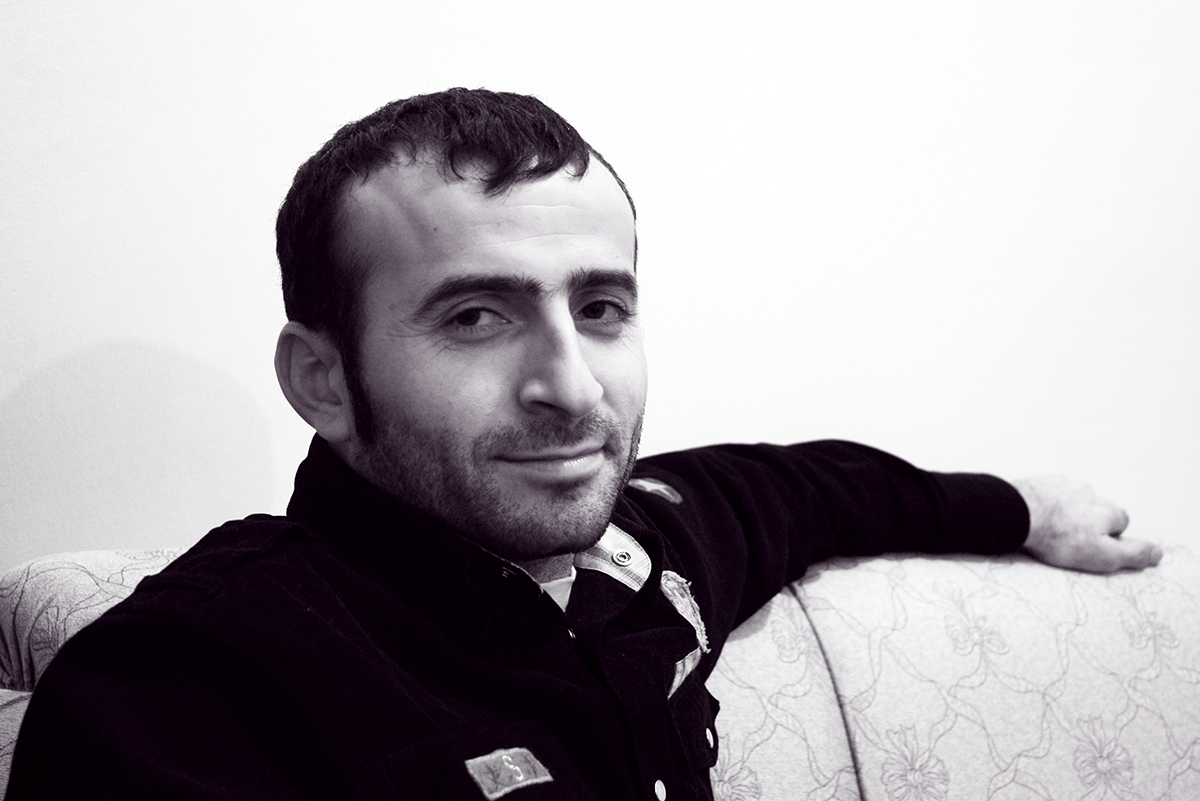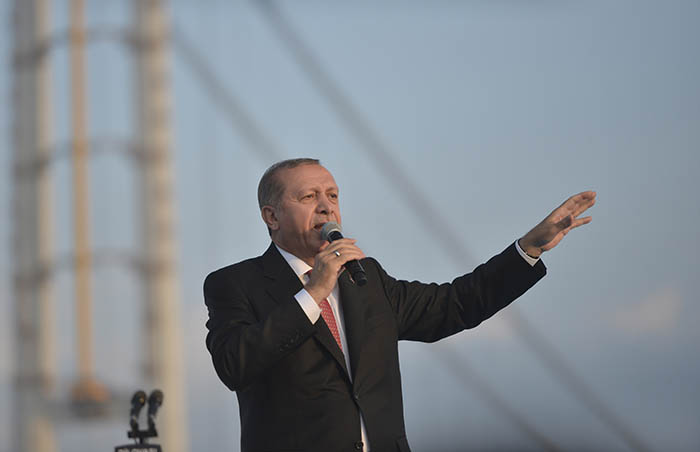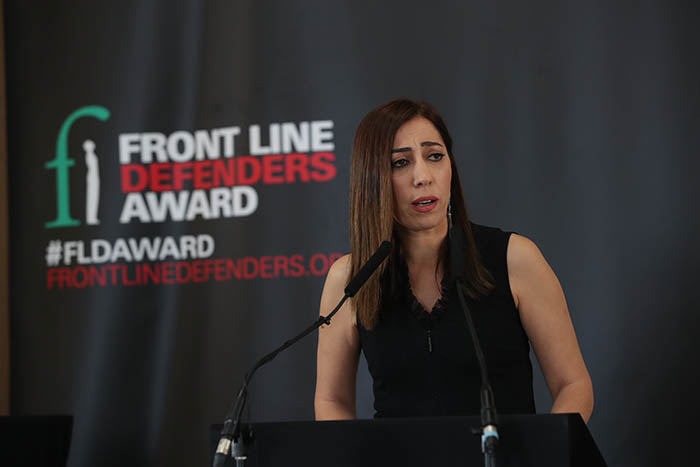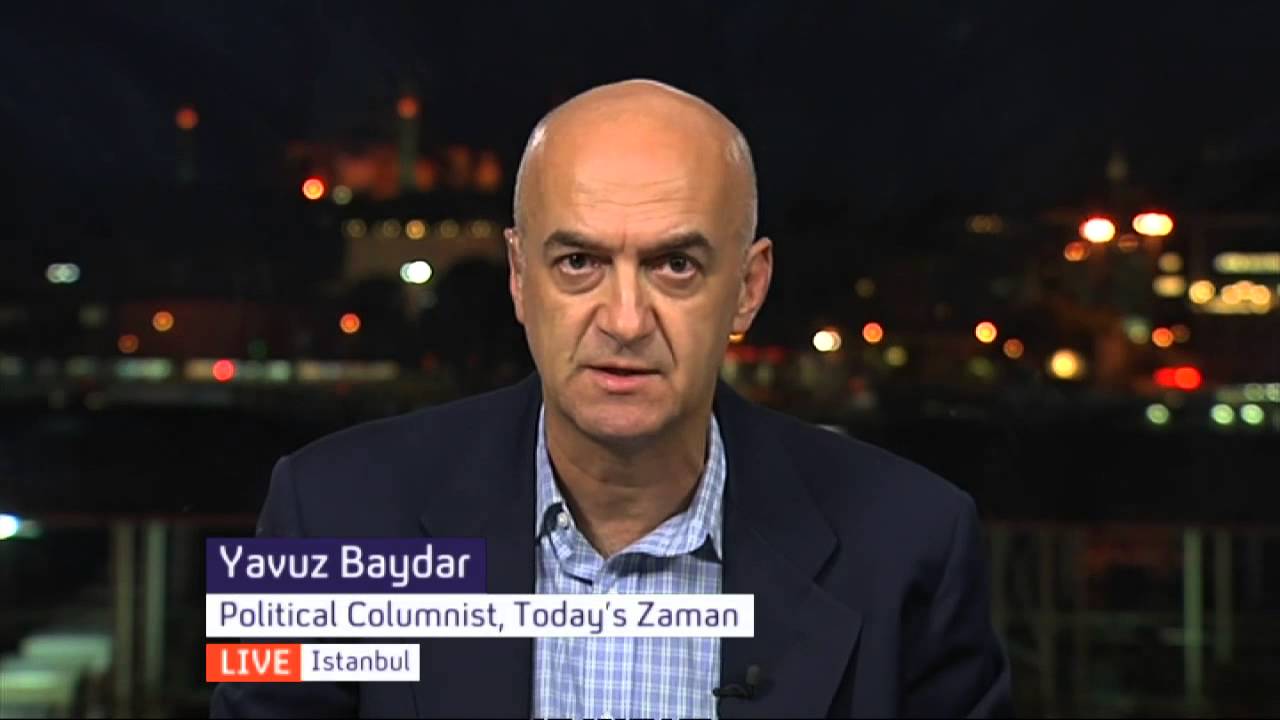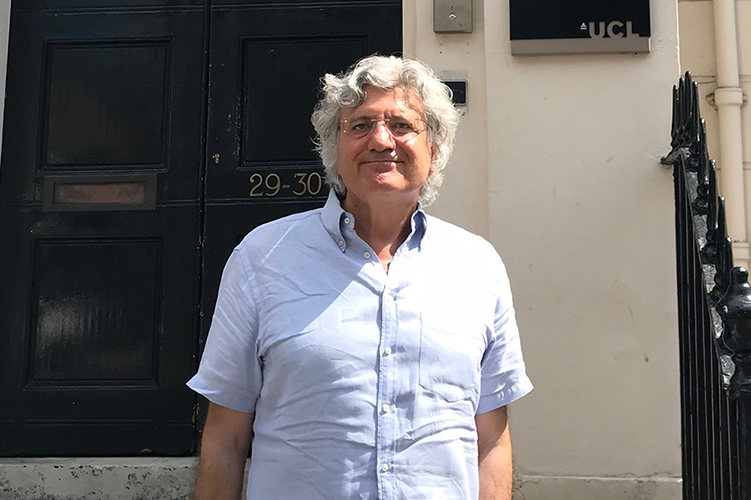“It turned into a place where it became impossible to breathe,” says feminist visual artist Özgül Arslan about Turkey.
CATEGORY: Turkey
In Turkey, dismissed academics nurture knowledge off campus
Professors in Mersin and Eskişehir have responded to their dismissals by creating their own spaces for sharing knowledge: Kültürhane and Eskişehir School
NetBlocks tool tracks cost of internet shutdowns
“Internet shutdowns are increasingly used by governments to control the flow of information, particularly around elections or political unrest.”
Turkey: Whitewashing the police, one sentence at a time
Reporter Seda Taşkın, who works for the pro-Kurdish Mezopotamya News Agency, was sentenced to a total of 7.5 years in prison after a court in Turkey turned a blind eye to the police and the prosecutor’s dubious use of the law.
Cumhuriyet: A press freedom case degenerates into a boardroom takeover
Cumhuriyet’s administration abruptly changed after a court ruling early September. Around 30 journalists and writers (some of whom had been in jail) were either dismissed or resigned in protest of the way the new board took over the newspaper.
Turkey’s thought-provoking playwrights, actors and directors have little choice but to become exiles
For Turkish director and actor Memet Ali Alabora, theatre is about creating an environment in which the audience is encouraged to think, react and reflect
Academic’s indictment reflects the Turkish government’s criminalisation of free speech
Despite the lifting of the state of emergency in July, arbitrary arrests and human rights violations continue.
A permanent state of emergency by any name is no substitute for respecting human rights
Index on Censorship joins call for Turkey’s government to end the state of emergency by withdrawing recently passed legislation that replicates many of the state of emergency’s special provisions
Illiberal democracies: Awash in media without plurality
Visitors to Eurasian countries — Turkey, Russia, Ukraine or, to a lesser extent, Azerbaijan — might be impressed by the sheer number of domestic television channels that offer news programming. But all the coverage doesn’t translate into media plurality.
Nurcan Baysal: In colonised Kurdish society even the flowers can be labelled terrorists
When Turkish forces attacked Kurdish villages in the southeast of the country in 2016 after the collapse of a ceasefire between Ankara and the Kurdish Workers’ Party in July 2015, journalist Nurcan Baysal was there to document the human rights violations.
Journalism in Exile: “Turkey had turned into hell for journalism”
It’s 2016. Turkey is in a state of emergency after the failed coup d’etat of the President Recep Tayyip Erdoğan government. Journalists like Yavuz Baydar are going to be more at risk than ever before.
Work of the Kurdish and Turkish diaspora essential to strengthen Turkey’s democratic opposition, exiled academic says
Naif Bezwan cannot pinpoint a certain moment in his life in which he decided to pursue academia. For Bezwan, rather, it has been a gradual process of situating his personal narrative within the context of his Kurdish community, within Turkey and within the world.


